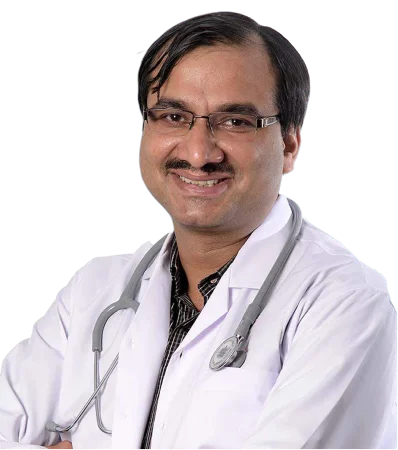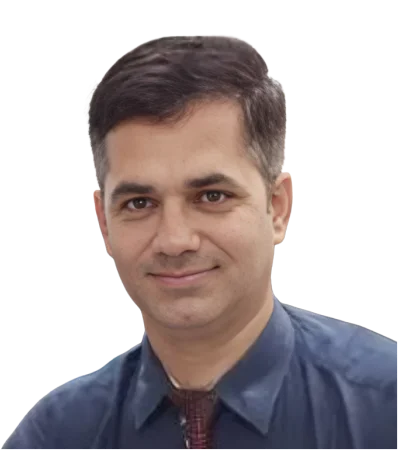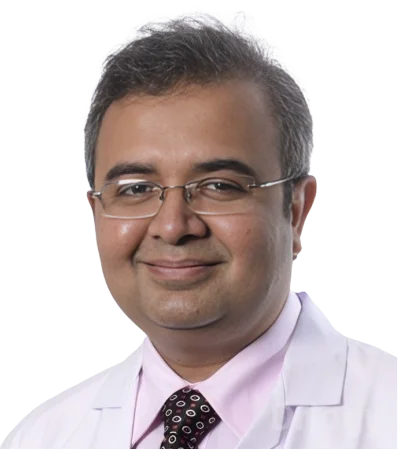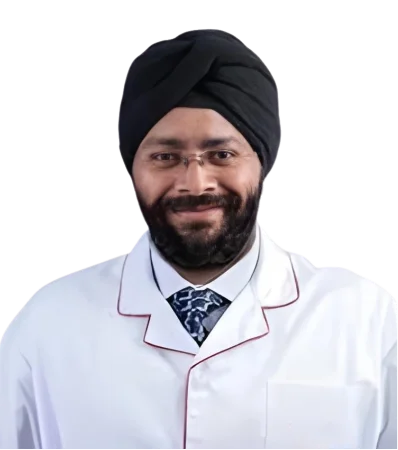Varicose Veins Surgery
Advanced Techniques to Restore Comfort and Improve Circulation
Varicose veins are the enlarged and twisted veins that are commonly seen within the legs. They are caused due to the valves within the veins are weak or damaged, resulting in blood accumulating and causing the veins to expand. This can cause discomfort, pain and issues with appearance. In our Hospital, we offer advanced varicose vein surgery that can give you relief that is effective and improve your mobility and comfort. Our team of highly skilled surgeons employs cutting-edge methods to guarantee a safe and effective treatment. We focus on procedures that are minimally invasive and give quick recovery time and lasting outcomes.
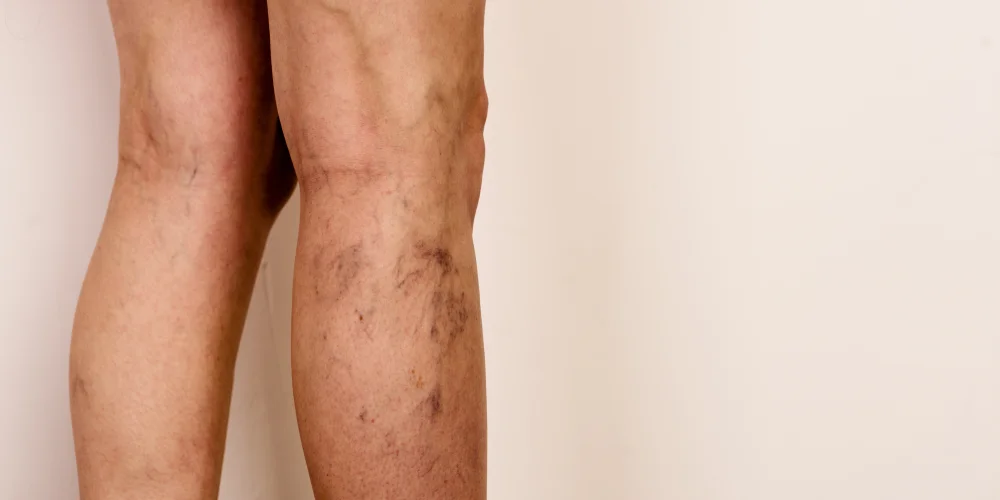
What is Varicose Veins Surgery?
Varicose veins surgery entails the sealing or removal of the affected veins in order to alleviate symptoms and enhance appearance of the legs. There are a variety of surgical options that are available that range from conventional methods such as vein stripping to more advanced minimally invasive procedures, such as Endovenous Laser Therapy (EVLT) as well as radiofrequency ablation (RFA). The procedure chosen depends on the degree of issue and the overall health of the patient as well as their individual preferences. The objective of varicose-vein surgery is to relieve discomfort, decrease swelling, avoid complications, and improve the appearance of the legs.
Who Performs Your Surgery?
In Chirayu Super Speciality Hospital, varicose veins surgery is performed by highly skilled Vascular surgeons who specialize in the treatment of vein problems. Our team of specialists is highly proficient in both conventional and minimally invasive surgical methods to ensure that every sufferer receives appropriate and efficient treatment. The surgeons collaborate closely with the multidisciplinary team to provide complete care starting from the diagnosis of the patient and surgical plan to post-operative follow-up, rehabilitation and recovery. This approach to collaboration ensures the best outcomes for patients and a swift recovery.
Types of Varicose Veins Surgery
- Endovenous Laser Therapy (EVLT) : EVLT is a minimally-invasive procedure that utilizes laser energy to close off the veins that are affected. A tiny laser fiber is introduced into the vein and heated which causes the vein to shrink and then be taken up in the body.
- Radiofrequency Ablation (RFA) : Like EVLT, RFA uses radiofrequency energy to reduce the blood vessels affected. This procedure is highly efficient with little discomfort and a quick recovery time.
- Sclerotherapy : Sclerotherapy is the process of injecting a solution in the varicose veins and causing them to shrink and then disappear. It is usually used to treat smaller spider veins. It can be carried out in an outpatient manner.
- Vein Stripping and Ligation : In more severe instances vein stripping or ligation could be carried out. This surgical procedure is a traditional one that involves the removal of all the lengths of vein affected via tiny incisions.
- Ambulatory Phlebectomy : The procedure involves making small punctures into the skin to eliminate the varicose veins that are superficially visible. The procedure is usually performed under local anesthesia and patients are able to resume routine activities soon after.
Symptoms Indicating the Need for Surgery
The signs that suggest the need for varicose-vein treatment include leg pain that is persistent or fatigue, swelling or heaviness in the legs, noticeable bulging veins and skin discoloration around the affected area, as well as the formation of ulcers or sores close to the ankles. If these symptoms hinder your daily activities or cause significant discomfort, surgery may be needed to alleviate the pain and avoid the development of further complications.
Diagnosis for Varicose Veins Surgery
A thorough evaluation of the diagnosis is necessary to determine the most effective option for treating varicose veins. The diagnosis usually involves an examination of the body and an in-depth medical background. Ultrasound imaging is typically utilized to evaluate blood flow through the veins as well as to detect any valve blockages or anomalies. Based on the findings, our specialists in vascular medicine will suggest the best non-surgical or surgical treatment options.
Treatment Process
The process of treating varicose veins starts with a consultation that focuses on the patient’s medical background, and treatment objectives. When a diagnosis has been made then the best procedure is chosen. The procedure is generally carried out in an outpatient setting, with local anesthesia or sedated anesthesia. Techniques that are minimally invasive are preferred because of their lower time to recover and the lower chance of causing complications. Following surgery, patients are given guidelines regarding care and are urged to continue regular check-ups to ensure that the healing process is complete and prevent repeat incidences.
Care and Recovery After Surgery
Varicose veins treatment generally quick, especially when it is done with minimally invasive techniques. Patients can usually walk right away following surgery and resume normal activities within a couple of days. After surgery, patients are required to wear compression stockings to increase blood flow, avoiding long sitting or standing, as well as elevating the legs when lying down. The slight pain and bruises are not uncommon, and usually disappear within some weeks. It is important to follow-up with your doctor regularly to track healing and examine for any indications of complications.
Advantages of Choosing Our Surgery Services
Expert Vascular Surgeons
Our team of skilled vascular surgeons specializes in treating varicose veins with advanced, minimally invasive techniques, ensuring effective and safe outcomes.
Comprehensive Diagnostic Evaluation
We use advanced imaging technologies for precise diagnosis and tailored treatment planning, ensuring the most effective care for each patient.
Improved Quality of Life
Our treatments provide relief from pain, swelling, and discomfort associated with varicose veins, enhancing overall mobility and well-being.
What Our Patients Say
Read about our patients positive experiences and how Chirayu Super Speciality Hospital has positively impacted their health and well-being.


If you’re suffering from varicose veins, don’t hesitate to visit Chirayu. They provide excellent care and effective treatment.


I noticed a visible improvement in my veins right after the surgery. The team was fantastic and very supportive.


The results of my surgery exceeded my expectations. My legs look and feel fantastic!


Varicose veins surgery at Chirayu was a relief. The pain is gone, and my legs feel so much better now!
Meet Our Medical Specialists
Our experienced vascular surgeons specialize in advanced varicose veins surgery, offering effective solutions for improved leg health and comfort.
Frequently Asked Questions
Here, we provide answers to some of the most commonly asked questions to help you better understand about our surgery services. If you have any additional questions, please do not hesitate to contact us.
Most varicose veins surgeries, especially minimally invasive procedures, involve minimal pain. Local anesthesia or sedation is used to ensure comfort during the procedure.
Surgery is usually considered when varicose veins cause significant pain, swelling, skin changes, or if other conservative treatments have failed to provide relief.
We offer several types of varicose veins surgery, including Endovenous Laser Therapy (EVLT), Radiofrequency Ablation (RFA), Sclerotherapy, Vein Stripping, and Ambulatory Phlebectomy.
Varicose veins are enlarged, twisted veins that typically appear in the legs. They occur when the valves in the veins fail to function properly, causing blood to pool and the veins to swell.
The surgery usually takes between 30 minutes to an hour, depending on the type of procedure and the severity of the varicose veins.
